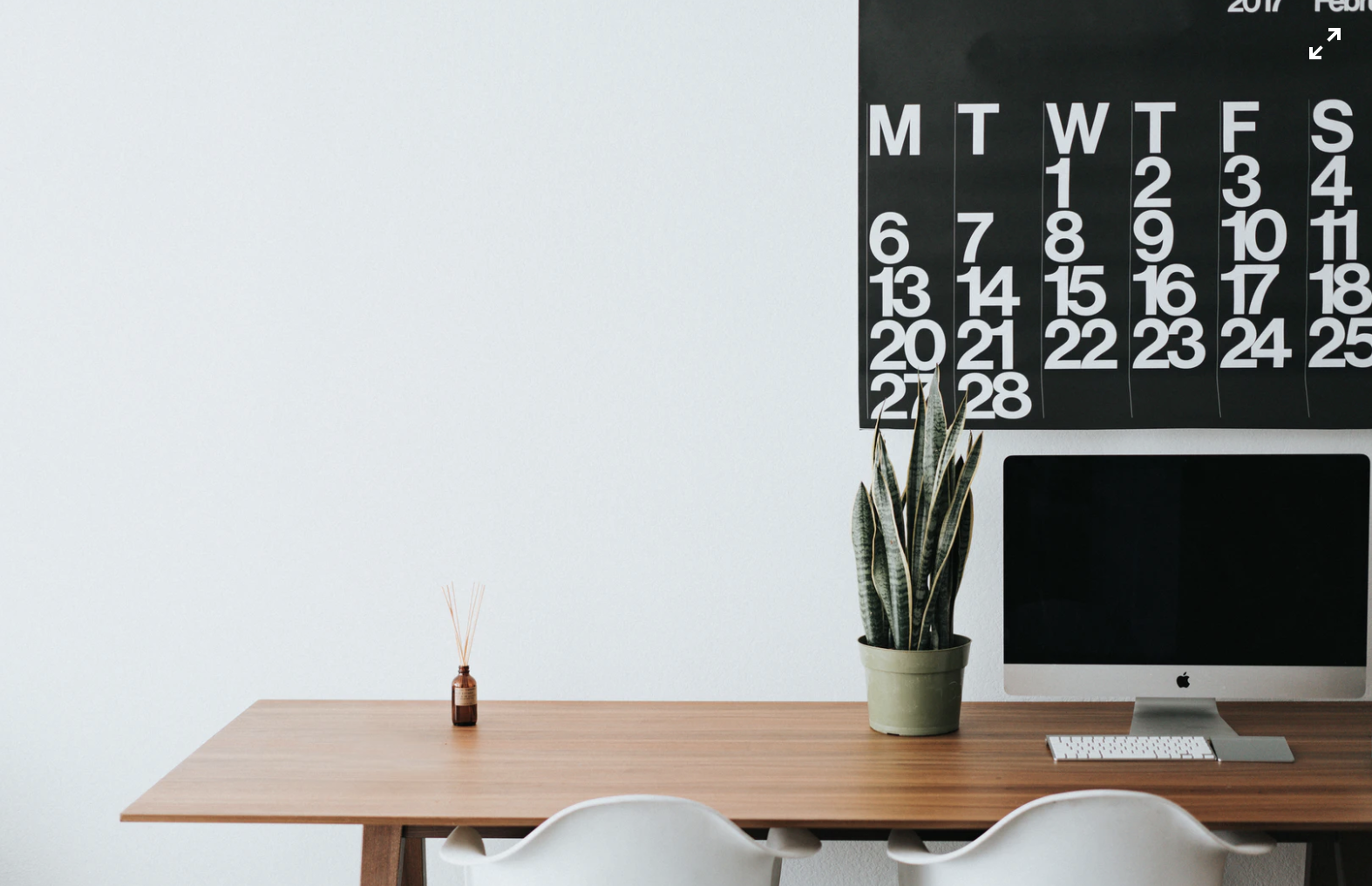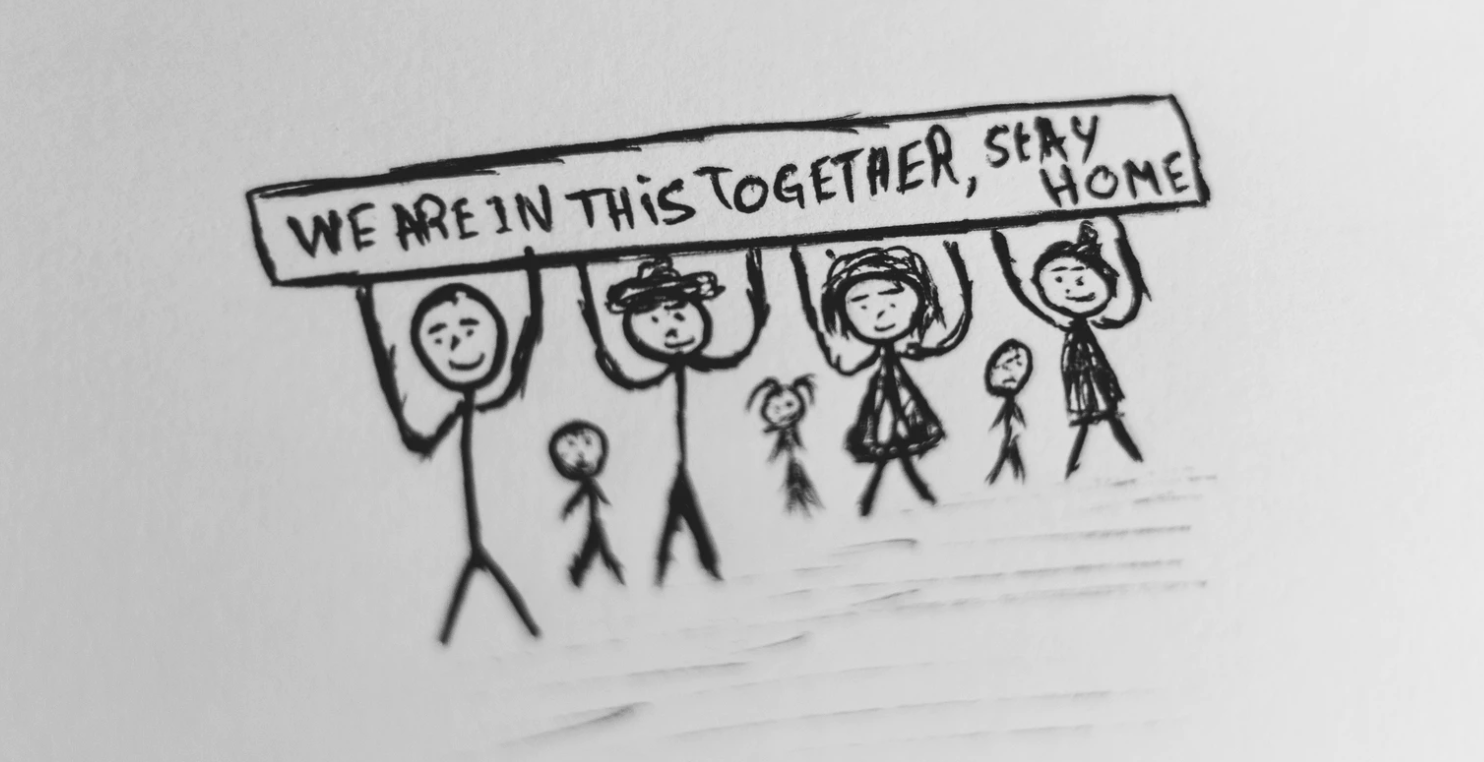There are many advantages to working from home, including the ability to laze about in our casual clothes, the ability to spend more time exercising, and the ability to avoid sitting in rush-hour traffic. However, for some people, it is a never-ending battle. Let's read the article to find out different ways to stay effective in your own comfort zone!
According to recent research published in the Journal of Occupational Rehabilitation, more than half of those who took part in the survey were concerned about balancing their job and personal lives. The effects of COVID-19 on work and family life were a source of worry for more than 53% of those contacted. "Concerns were more prevalent for workers reporting psychological distress, financial stress, and among those exclusively working from home," the study wrote. "The most common concerns related to work and home life was a reduction in the time able to be spent with family and friends, and concern about how changes in the workplace will impact the ability to perform the job role."
According to Associate Professor Anya Johnson of the University of Sydney, working from home may make our days seem a little hazy. "While working from home can have its benefits, when we are in lockdown, we generally lose control and flexibility." In combination with social isolation, this lack of control can significantly increase stress and exacerbate the underlying levels of emotional exhaustion and fatigue that have been building over the last 18 months.
We must, however, learn to quit feeling lethargic, maintain our concentration, and refrain from raiding the fridge every five minutes.
Enjoy your meals, don't overdo it.

"Meals are a regular component of our schedule, and they assist us in organising our days. Try to stick to a routine and to take time out to prepare and enjoy meals – rather than grazing throughout the day." Preparing meals ahead of time allows you to purchase just what you need (while still allowing yourself to indulge in one or two special indulgences). Maintaining snacks in opaque containers – so that they are less apparent and enticing – is another easy thing to remember.
Create a structure

Make a conscious effort to plan breaks into your day. One of the difficulties of working from home under lockdown is the absence of signals for taking a break, eating lunch, or stopping working.
"Our colleagues aren't departing for the day, and the lights aren't turning off... we may be tempted to just continue working. Establishing structure or a routine and following it as closely as possible is recommended." If feasible, go for a stroll outdoors every day.
Parents - reassess your workload.

"Reevaluate your workload and your expectations for what you are capable of doing. Schedule time in your diary (if feasible) to devote exclusively to homeschooling "'.
"Attempting to multitask will likely result in irritation and a sense that nothing is going right."
Stay connected with your colleagues.
According to Prof Johnson, "social interaction and support are essential at this period."
"As a manager, you should strive to provide chances for your team to get together and discuss their common objectives - the obstacles they face and how they can assist one another. Take note of anybody who is not engaged – and make an attempt to contact them to find out how they are doing."
As a team member, make an effort to maintain contact with your colleagues, solicit input, and offer to assist others with their job."
Give yourself a sense of control.
"Because well-designed work benefits mental health, it's important to remember the principles of excellent job design and to create your work with these aspects in mind.
"Relationships with people; a sense of control over what you do and when you do it; a sense of competence and capability to accomplish significant and meaningful results; some variation in what you do and not feeling overwhelmed by the quantity of work or the strain of your job."
By beginning your workday with these considerations in mind – and modifying what you are doing and how you are doing it - you will be better able to support your mental health. If there are impediments to doing so (not all work is well-designed), try speaking with your boss about ways to improve your work-life balance."









